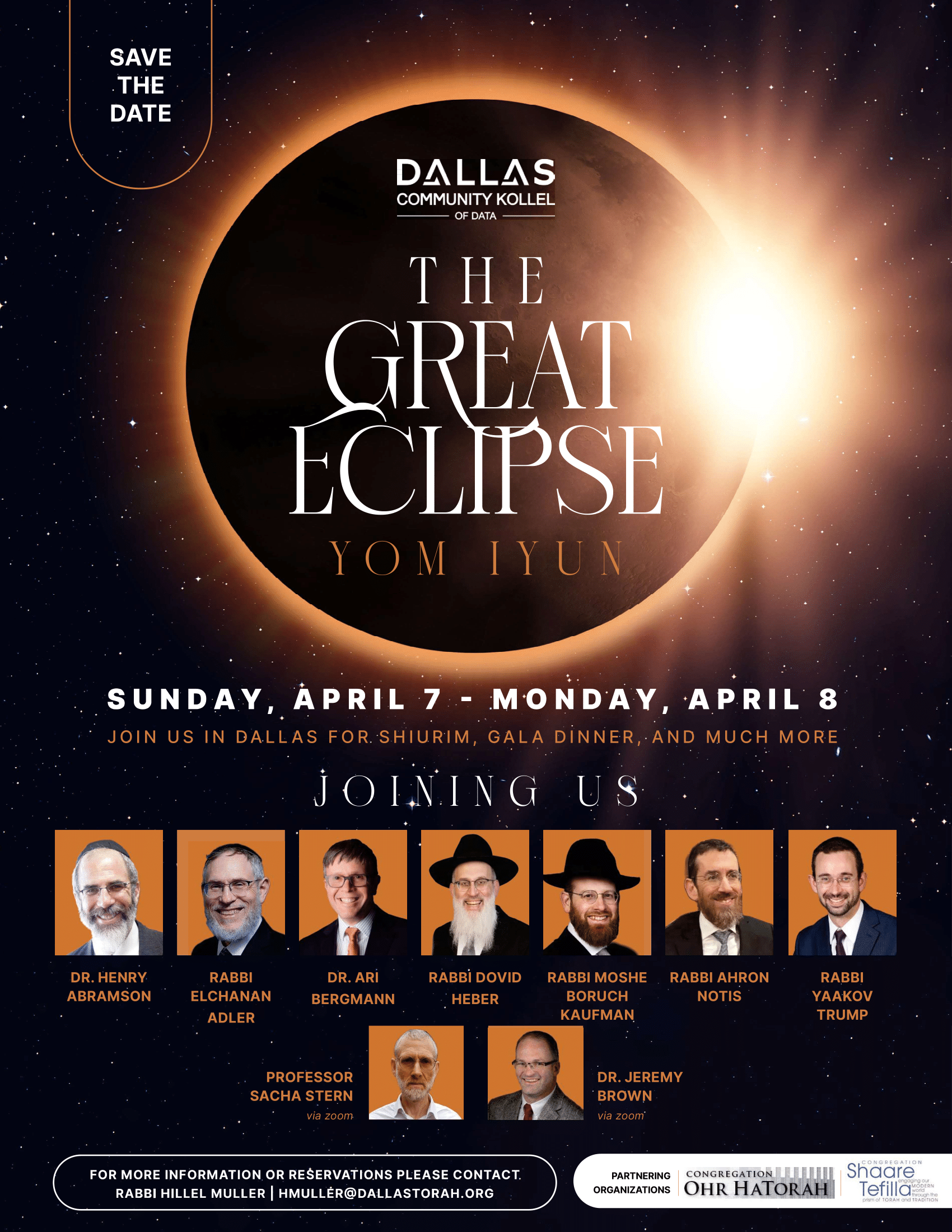Thanks for your penetrating questions which reflect much thought and introspection into core Jewish concepts.
The world we live in is referred to, in Hebrew, as “olam hazeh”, or “this world”. The word for world, “olam”, comes from the root “alam” which means “hidden”. What does “the world” have to do with hidden?!
The answer, explain the sages, is that the Almighty “hides Himself” in this world. It doesn’t mean God is not present in the world. He is completely present but in a hidden way; one must seek Him out to find Him and create a personal relationship with Him.
The reason God chose to be present in a hidden way is a very important one – to enable us to have free will. Free will is one of the very basic tenets of our belief system; without it man would be merely a type of robot, not be liable for reward or punishment for any of his deeds. There would be no room for Torah, for man to perfect himself and the world, for life itself as we know it.
If God would make Himself present in a very obvious way, the choice between good and evil would not be an even or fair one. The option to do good would be overwhelmingly compelling; who could sin right before a revealed God?! This would reduce our choices to robotic ones. The same is true with respect to the Torah itself if the truths of Torah were clearly written across the Heavens for all to see. Although you are correct that this would not constitute physically forcing all to accept it and one could conceivably deny it anyway, the choice would not be even or fair. Only through the “olam”, by way of obfuscation of the existence of God and the Torah, do we have the opportunity for free will – and hence the reward endowed to those who seek out the truth and find it.
One time, and one time only, did God see fit to reveal the truth of His existence and of Torah, by speaking directly to the Jewish people at Sinai in a way the entire world could hear. That one direct revelation to the entire nation, (which is accepted by Christians and Muslims as well – they just hold it was later changed), was meant to last throughout world history.
Our job as a “light unto the nations”, and those nations as well, is to embrace the truths revealed openly at that time to all of mankind. That is our, and the entire world’s, free choice. If the leaders of certain sects choose to ignore the truth of Torah which teaches that life and love are supreme and choose instead a path of hatred and lauding death, that is their free choice. It is not God’s job, despite His love and best wishes for all of mankind, to miraculously set them straight. That would defy the purpose of creation.
Although we have seen why God will not reveal the truth to all as that would negate free will, your question partially remains unanswered; billions of people don’t totally seem to have free choice to accept the truths of Torah due to the rejection of their leaders or other situational reasons. This is a very difficult question which I have thought about for years, and to answer it, requires more thought…
Sincerely,
Rabbi Yerachmiel Fried


